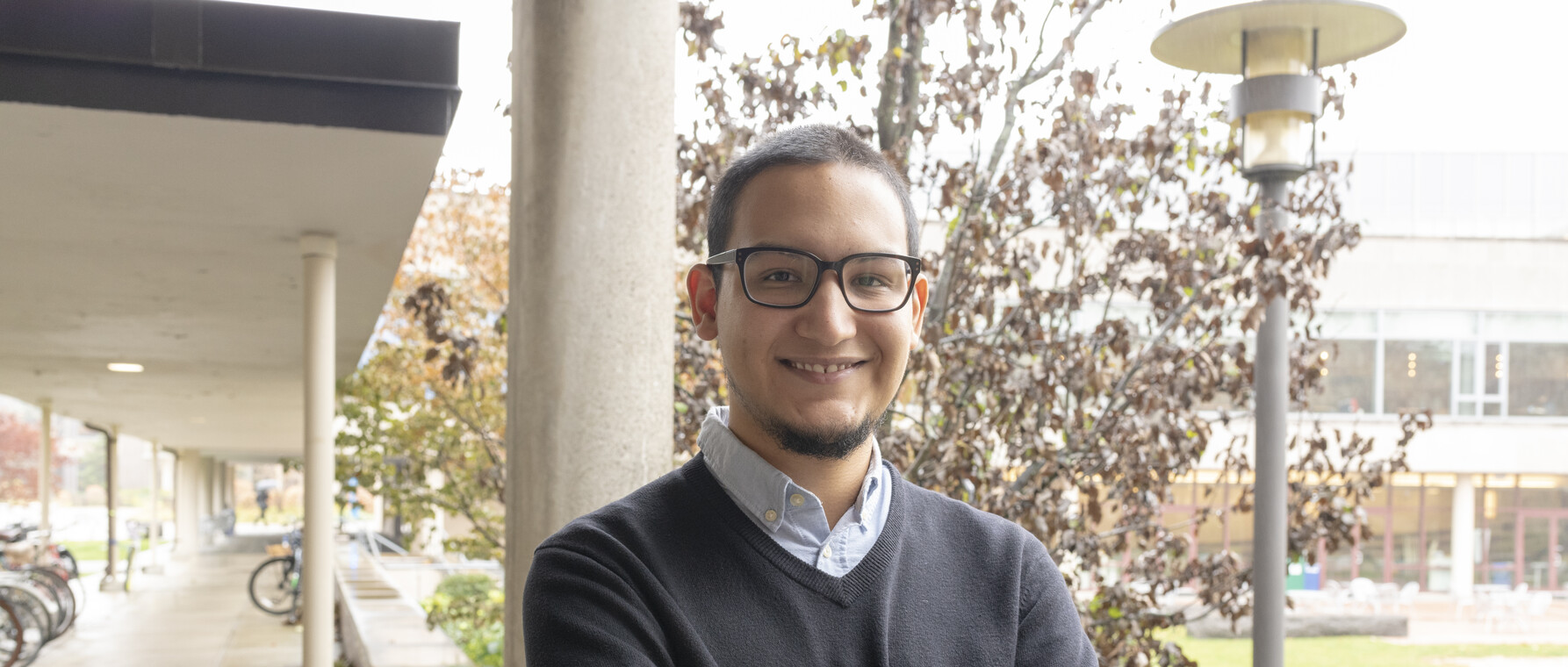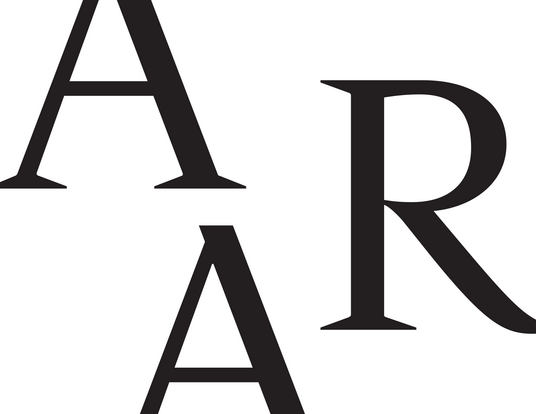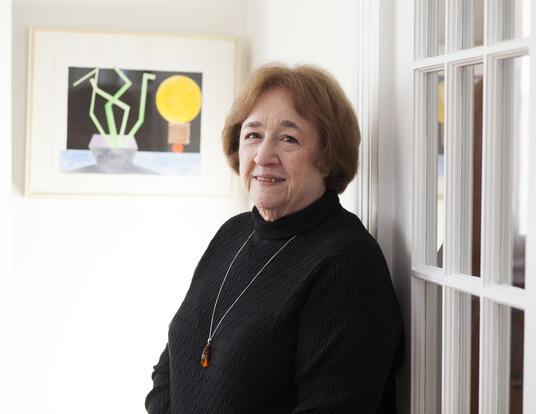Nourishing Communities
How resident advisors at GSAS create a home for students

When Jorge Wong, a PhD student in the classics, first moved to Cambridge, he lived by himself as his wife was a graduate student at the University of California, Los Angeles. Wong chose to stay in the GSAS residence halls because they were close to campus and affordable. Though he kept himself busy with coursework, a weekend job as a cook at Tatte Bakery and Café, and his work as assistant curator of the Milman Parry Collection of Oral Literature, he still felt that something was missing. “I was lonely being apart from my wife, but also wanted to do more for the community,” he explains.
A year later, Wong found this wider sense of community as a resident advisor (RA) in Child Hall, motivated in part by cost, as RAs don’t pay for housing or the meal plan. But he also found fulfillment in creating a sense of belonging and community among residents. Acknowledging resonances between his experience in the service industry and his work as an RA, Wong says, “I gravitate towards jobs that help people, so being an RA is a good fit for me. I like keeping a nice, warm home for everyone.”
The Richness of the Human Experience
Wong didn’t start out wanting to pursue classics. As an undergraduate at the University of Texas at Austin, he decided to learn Greek because he wanted to major in philosophy. He ended up enjoying Greek so much, he decided to switch his academic trajectory. “Greek language and culture really appeal to me,” he explains.
Wong mainly studies Homer and Hesiod, two early epic poets in the Greek tradition. “Homer is probably the most studied text of all time, but there’s so much we still don’t know about it,” he says. “Regardless, it’s still so accessible and coherent.” Wong notes that the prevalence of the “superhero mentality” proliferating today’s media, with good guys and bad guys, isn’t what is seen in Homer. “It’s not so black and white,” he explains. “All the characters are in a bad situation fighting a war. There’s a depth of human perspective, a real exploration of what it means to be human in this world.”
Wong’s interest in the rich variation of the human experience can also be seen in his desire to meet a wide range of people. In his opinion, one of the main advantages of staying in the residence halls is the opportunity to meet people from different departments and backgrounds. “The fact that all of us live in the same place makes it a very rich experience,” he says.
Building Community through Food
Wong stresses that the willingness to communicate is easier if residents feel like they share a home instead of inhabiting individual rooms along a hallway. “The long corridors with lots of doors may make it hard for students to feel like this is home,” he explains. To combat this, Wong organizes social events, such as movie nights or board game parties, every few weeks, which create opportunities for residents to connect and have fun. He also does smaller-scale acts of service, many of them related to food.
For Wong, eating together breaks down barriers and builds connections. He makes cookies or biscuits and gravy and leaves them in the lounge for residents, increasing opportunities for people to sit down and eat together. “I like to cook a lot, and cook in big batches,” he explains. “I’ve always liked to eat and enjoy cooking as a craft. I also like learning about the cultural anthropology of food, such as seeing how ingredients travel.”
The Thanksgiving holiday gives Wong the opportunity to build community by organizing a big event. “Thanksgiving is an American holiday that has little to do with nationalism or religion, but involves gathering as a community to eat,” he says. He explains that this makes the holiday an inclusive and welcoming one to people from diverse backgrounds. While many graduate students travel home for Thanksgiving, a significant number are international students who remain in residence. “We try to create our own Thanksgiving dinner for them,” Wong explains. Around 100 students showed up for the Thanksgiving event he coordinated last year, which was hosted in the GSAS Commons.
Creating a Welcoming Environment
For Wong, presence is very important for community-building. “I try to be as physically present as possible. People are more likely to approach you if you’re already in the lounge, than when you’re in your room.” Believing that his role is to facilitate communication between residents, Wong describes how small changes in the environment can encourage community. For example, he uses the budget from the Office of Residential Life to buy communal groceries. Having communal cups and tea supplies also creates opportunities for students to sit down and converse. “I want everyone to feel like it’s their house,” he says.
Being an RA has also familiarized Wong with campus resources. “As a first-year student, I wasn’t aware of all the resources available. I’ve learned to use Harvard much better.” Wong explains that the position of RA gave him insight into how universities run, as well as the services provided to students. “If you’re interested in finding ways to make the student experience better, and if you enjoy the challenge of building a community, this is a good position for you,” he explains.
The post of RA can be renewed for a maximum of two years. When his tenure ends, Wong has tentative plans to find another place to stay, as his wife now studies at the Graduate School of Education. He also wants to continue supporting the Harvard community and is looking into becoming a resident tutor for undergraduates.
Wong believes that living in the residence halls and serving as an RA has helped him develop as a person and grow as a student leader. “Growing up, I was more introverted and wasn’t part of any student organization,” Wong says. “Now, I’m better at organizing events and people, articulating ideas, and representing other people’s interests. I have a lot to be thankful for.”
Photo by Molly Akin
Get the Latest Updates
Join Our Newsletter
Subscribe to Colloquy Podcast
Simplecast Stitcher





